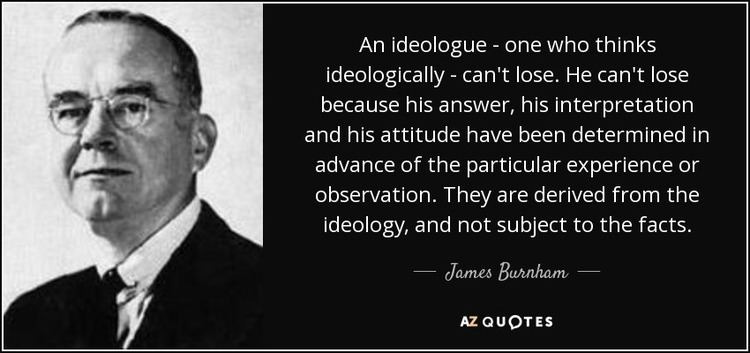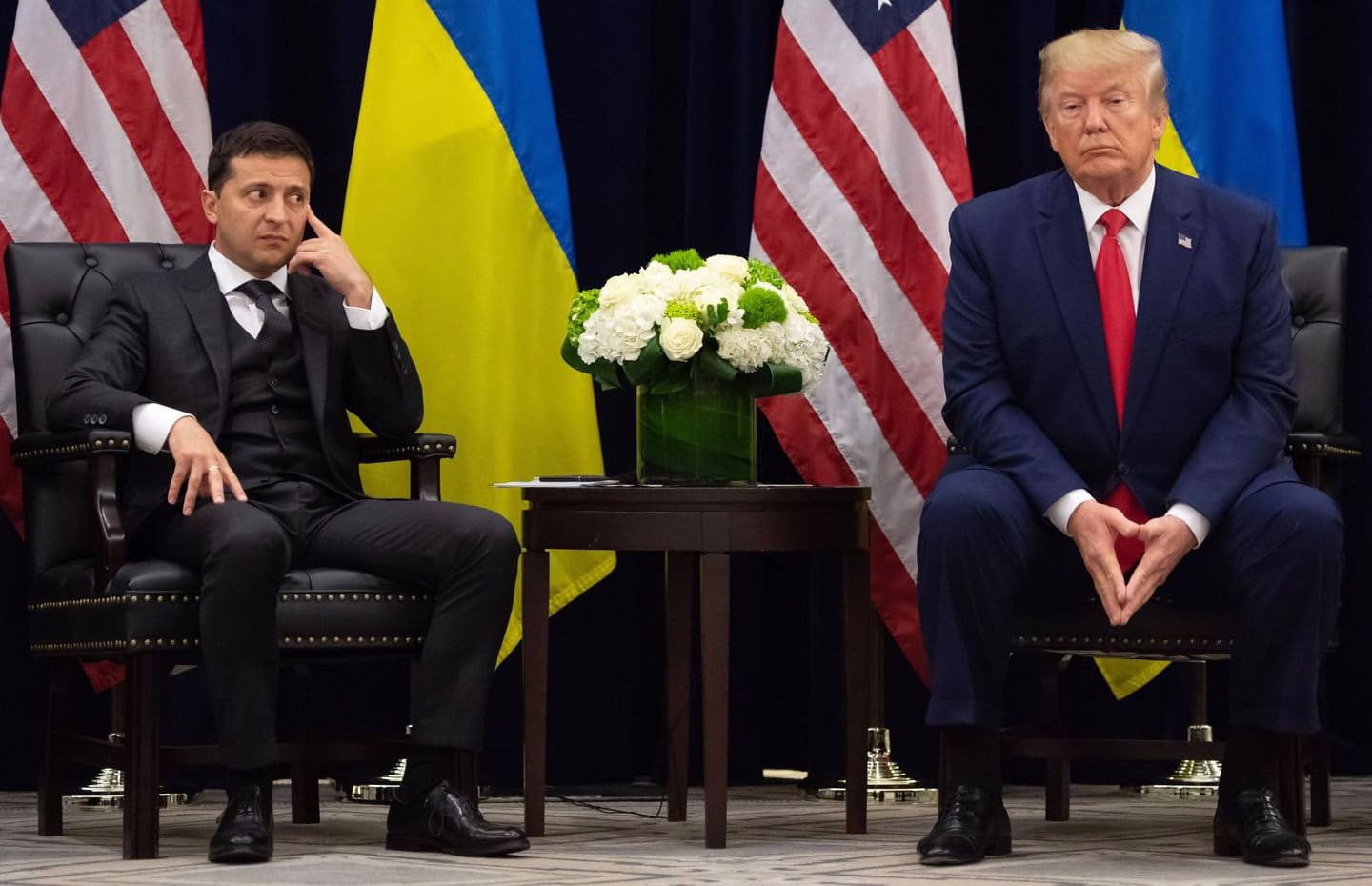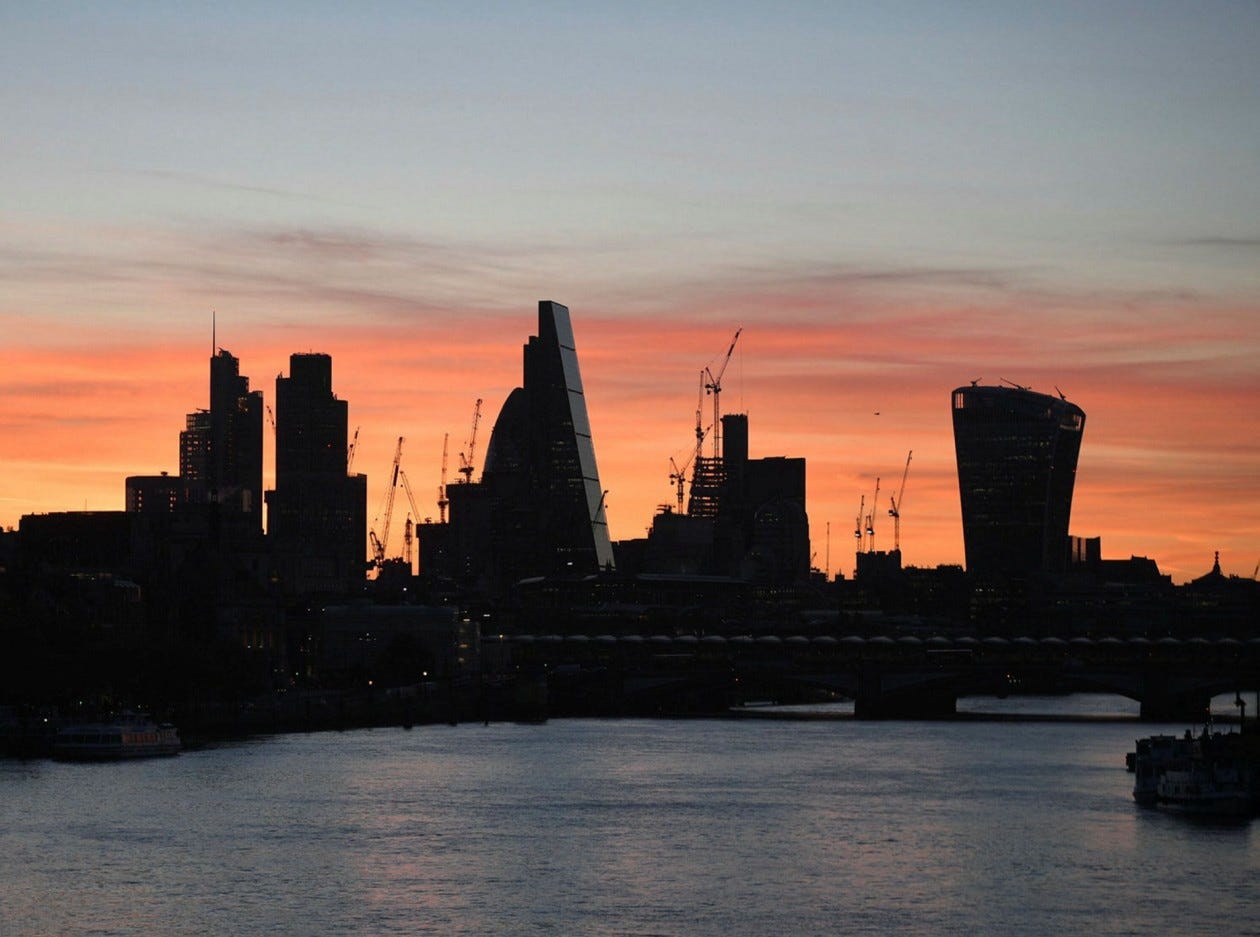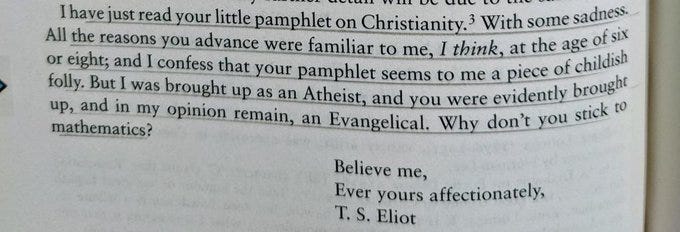Will you join me in the alt-centre?
A subscriber alerted me to the fact that my links to my 'alt-centre' piece was broken. So I'm recirculating this newsletter with the link fixed. Will you join me in the alt-centre?
From Club Troppo
It’s a funny thing with names. Names given in jest and contempt are adopted by their targets. After over a decade of marketing consulting services as “Lateral Economics”, I decided it wasn’t so much a brand as a method and have given some talks to that effect.
Anyway a new recruit to my Twitter feed DMed me saying "I’m very much looking forward to learning about the alt-centre. Your pinned tweet has captivated me". So my first very quick explanation of what my 'alt-centrism' was was this:
Yes, well the term “alt-centre" was a light-hearted kind of line, but, like many such things, having put it up there, I think it might be about something real.
An earlier iteration of my centrism is here.*
But that was then. Now I’d say, how about a fusion of Alasdair MacIntyre, James Burnham and George Orwell together with the idea that outputs from modern academia are mostly useless?
The rest of the post tries to do a little better — at least regarding James Burnham’s significance.
Tackling American Autocracy: Me on That Trippi Show
I met Joe Trippi about a decade ago. I met him about a decade ago and was fascinated with his campaigning exploits — including taking Howard Dean from backmarker to presidential frontrunner in 2004. Many of the architects of the online campaigning that took Obama to the White House came from the Dean campaign that Joe engineered. You can hear him interviewed in this terrific interview "the man who reinvented campaigning".
Be that as it may, in this podcast, we talk a little about how, even back then, I had a more wary expectation of how social media would influence politics — though I didn’t predict the dystopia that it’s contributing to. I was also thinking about the way citizens’ juries could detox our politics. (Both of these things are expanded on in this essay.) Since Joe's trying to save democracy from further degeneration, we talked about what citizens’ juries could contribute in our current dire times. The interview was recorded before Russia's invasion of Ukraine. If you prefer an audio to the video above, you can find it here.
An excellent episode from That Trippi Show’s back book is this frightening interview with David Pepper.
And here’s Joe Trippi being interviewed about how he ‘reinvented campaigning’. Having listened to it since I linked to it above, I recommend.
How come stoicism is suddenly a thing?
A quick browse of the self-help section of your local bookstore will show you that Stoicism has become popular in the last decade or so with a strong surge during the pandemic. In this week’s discussion, Peyton Bowman and I discuss this phenomenon alongside of my own interest in the ethics of the ancient world and my dissatisfaction with contemporary moral systems — something I discussed in this essay which we discuss.
Peyton suggests that Stoicism is appealing because it speaks to our need to take what ends we're required to achieve in our jobs and our life and to make the most of our situation. Modern Stoicism seems to emphasize what’s sometimes called the dichotomy of control, an idea traced back to the 1st-2nd century philosopher, Epictetus.
People, he believed, can’t be held responsible for things beyond their control — it’s essentially pointless, then, to worry about anything except that which one can control. In the modern context, Peyton contends that this makes the philosophy extremely compatible with people inside organizations or bureaucracies which dictate the ends to which people's work will be directed — those people being the means of achieving those given ends. Of course, as a system of ethics, modern Stoicism is not blind to the worth or otherwise of our labour — and has its own ideas about how virtue works in the modern world — but this along with other aspects of ancient Stoicism seem to receive less emphasis.
Towards the end of the discussion I talk about Effective Altruism, what a great thing it is, and also how much it bugs me and why :) The video of the discussion is on YouTube here.
Ukraine
In other scenarios, the world is basically destroyed
I’ve studied the possible trajectories of the Russia-Ukraine war. None are good, by Christopher S Chivvis
A good piece elaborating a strategic situation that’s ill-suited to our Twitter saturated age. Straight is the gate!
There are no good choices for the west on Ukraine
Martin Wolf agrees:
Experience suggests that breaking an autocratic regime willing to impose huge costs on its people is hard…
Broad sanctions of this kind are a double-edged weapon, since they work by imposing significant costs on ordinary people. Among the biggest losers will be the aspiring middle classes. The regime might find it easy to convince the victims that their pain merely proves western hostility. So, yes, some Russians might blame Putin. But, especially given Putin’s control over the media, a huge number might blame the west, instead.
In retrospect, there should probably have been less ambiguity over western support for Ukrainian independence. Now, we must do everything we can to support Ukraine’s fight for survival, short of taking what seems the excessive and possibly futile risk of direct injection of Nato air forces into the war. We should strengthen sanctions, though they may ruin Russia’s economy without changing its policy or its regime. We should state that our war is not with Russian people, though they may not forgive us for the pain we are inflicting upon them. We should ask China and India to persuade Putin to end his war, though we must recognise that such an effort is highly likely to fail. Only bad choices exist. Yet Ukraine cannot be abandoned. We must go on.
That perfect phone call!
In the last week as Ukraine came under total bombardment from Russia, the issue underlying the first impeachment has become searingly clear. At the heart of the allegations is that Trump withheld $400 million in congressionally approved military aid to Ukraine to help the nation deter a Russian invasion until Ukraine announced publicly there would be an investigation into the Biden family for unfounded reasons.
Trump also was found to have prevented a White House visit for President Volodymyr Zelensky — a sign of American support for a sovereign Ukraine.
Expecting Afghanistan 2021: Getting Afghanistan 1979
A good tweet thread on Ukraine from early on in the conflict (below), though you can also read the article here.



A tweet thread with plenty of detail to link through to should you wish





Peace in Ukraine: How?
Two things have been made absolutely clear by this war: that Russia will fight to prevent Ukraine becoming a military ally of the West, and the West will not fight to defend Ukraine
What would a Ukraine-Russia peace deal look like? (HT: Alex Coram.)
A Russian POW

A thought from a war hero from WWI
Devoutly and earnestly Christian his whole life, the philosopher John Macmurray won the Military Cross and, temporarily invalided back to England in 1917, was appalled to see bands of women awarding their menfolk white feathers to stigmatise them as cowards. On preaching the necessity of fair terms and post-war reconciliation with Germany after England’s expected victory he was shocked by the hostility this generated:
I felt as though an evil spirit had entered them, a spirit of malice and hatred. Before twenty-four hours had passed I wanted to get back to the trenches, where for all the misery and destruction, the spiritual atmosphere was relatively clean. It was, I think, the ignorant and superstitious hatred of the Germans, and the equally ignorant and unreal glorification of us, in the trenches, as heroes that had this effect. In France we were not heroes, nor expected to be: and we did not hate Germans, at least not the Germans in the trenches opposite. We understood them, and they understood us. We were sharing the same spurious and obscene life, no doubt with the same feelings ... A gulf had been fixed, it seemed, between ourselves and our friends and acquaintances in civilian life. We had ceased to understand each other. I can remember feeling, as I returned from this leave ... that now most of the pacifists were in the trenches.
A while back I wrote an essay on Macmurray which is unpublished. Anyone who’s interested should return this email if they’d like to read it.
The miasma theory of disease: a comeback?

I thought this New Atlantis piece was quite provocative — highlighting the way in which the germ theory of disease invites the association of health with sterility, rather than with resilience to disease.
Welcome to the age of shitpost diplomacy
Well worth the read from an interesting blogger in Washington.
The bottom-up and top-down paths to power: Justin Murphy
Does a project have to receive the approval or sponsorship of an already influential entity? If so, it’s on a top-down path to power.
Does a project do whatever it wants—never asking for approval—in the hope of spreading through word-of-mouth and cultural contagion? If so, it’s on a bottom-up path to power. …
We can understand theoretically why some types of work will find the bottom-up path preferable to the top-down path sooner than other types of work. YouTube and SoundCloud—video and popular music—represent the most accessibly stimulating media for the largest number of people. Video and popular music resonate with the oldest parts of the brain. Sophisticated work in philosophy and science is less accessible, of interest to fewer people, and harder to enjoy, so it will take longer for the bottom-up path to beat the top-down path. But it’s already begun, so it will happen, it will just take longer; the point is to appreciate why, to see there are good reasons for it to take longer. Halfway between the two is journalism. And there we’re watching the bottom-up path supplant the top-down path accordingly, not quite as fast as in the rap game, but faster than in academia.
Fruitcake watch
I observed last week apropos of the Russian philosopher and ideologue Alexander Dugin “Amazing what a clever fruitcake with a penchant for metaphysics can achieve when he’s in the right place at the right time”. In that spirit, this is a great exploration of the great Italian philosopher Georgio Agamben’s descent into fruitcakedom regarding COVID. One word of disagreement with the article. It cites the way in which Agamben now lines up with those on the librarian right on COVID. So what? The point isn’t his changing sides, or which talking points from the culture wars his words most resemble. The point is that what he’s saying is hysterical, poorly argued and inconsistent. This for me is an object lesson in the impatience of our ideologue class. Many of them have great insights — Agamben being one of them — which they then parlay directly into concrete positions and policy conclusions.
Class Rules: Why strictness is socially progressive, by Ian Leslie
“The world is divided into People Who Tweet (like me) and People Who Do Stuff”
There’s a lot of evidence from cognitive science that learning is like compound interest: the more you have, the faster you can acquire it. In that sense, the brain is the opposite of a computer; the more you load up its hard drive, the more efficiently it processes new information.
This principle leads to a cognitive “rich get richer” effect in education. Children who start with disadvantages then find it increasingly hard to keep up. Put a child who comes from a “cognitively rich” middle-class household next to one who does not, and even if the disadvantaged child makes the same effort, she will fall behind.
Well worth the read
How London and the US became safe havens for dirty money
A great read, alas behind a paywall, on the books of the moment — those explaining the oligarch class and their professional enablers.
Henry Oliver
I enjoyed dipping into Henry Oliver’s work
Virginia Woolf and social media
I've always found disliking Virginia Woolf easy
Emre’s annotations improved my view, helping me see so many sides of her. “How queer,” she wrote, “to have so many selves” — offensive, repressed, unstable, insightful
A great interview with Thatcher biographer, Charles Moore
Available as a transcript or recording
Who will deliver our green energy transition?
Economist Richard Holden in Crikey! on the importance of movers and shakers in bringing about transitions
Meanwhile …
Atheism
A letter from TS Elliot to Bertrand Russell, 1927
Overflow: How the War in Ukraine Could Get Much Worse
The heavy focus on nuclear escalation is obscuring an equally important problem: the risk of conventional escalation—that is to say, a non-nuclear NATO-Russia war. The West and Russia may now be entering into the terminal stages of an insecurity spiral—a series of mutually destabilizing choices—which could end in tragedy, producing a larger European conflagration even if it doesn’t go nuclear.
Foreign Affairs
Having placed the above paragraph in this newsletter, I’ve now read further and don’t think it’s a great article. It’s a bit too rooted in some academic theories which strike me as rather rarefied, but I’ll leave it here in case anyone wants to check it out.


















